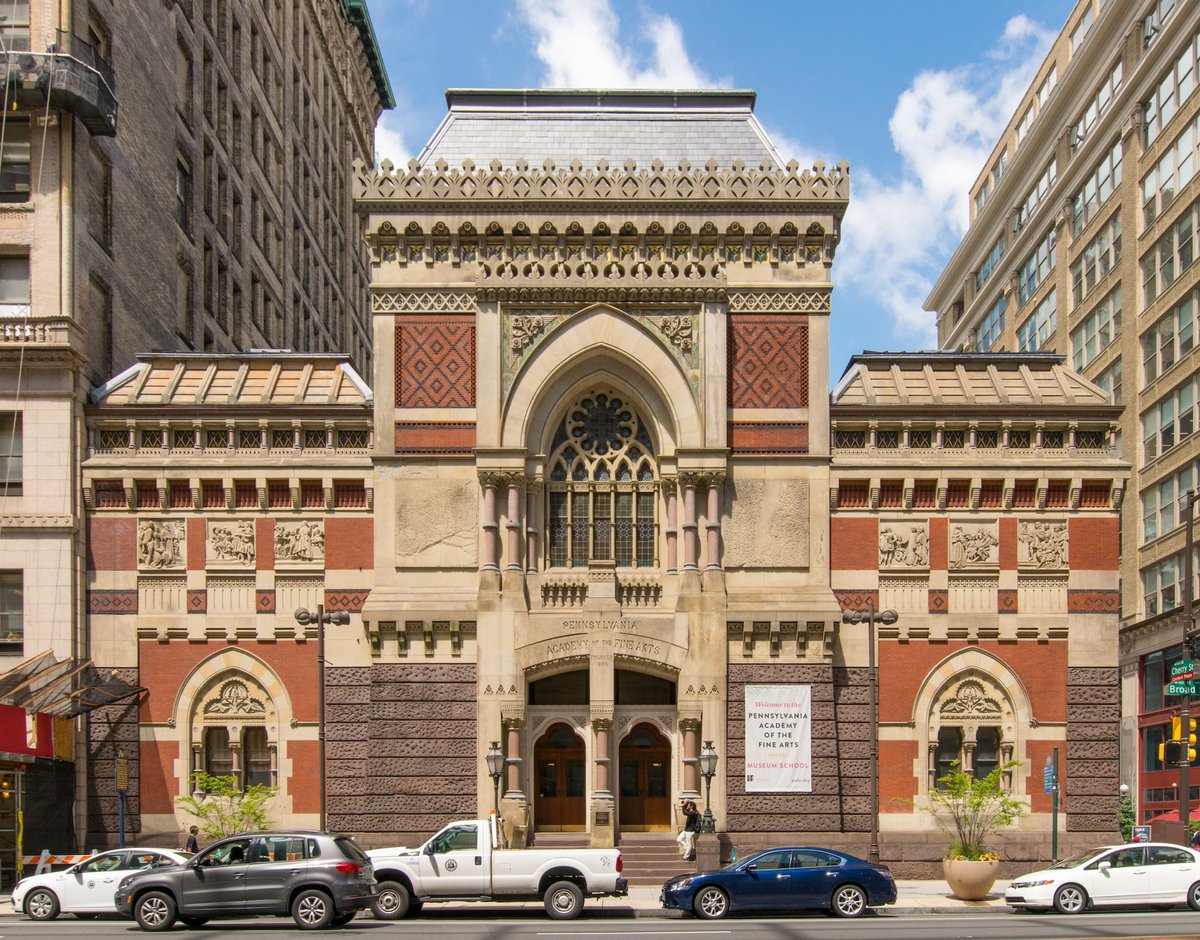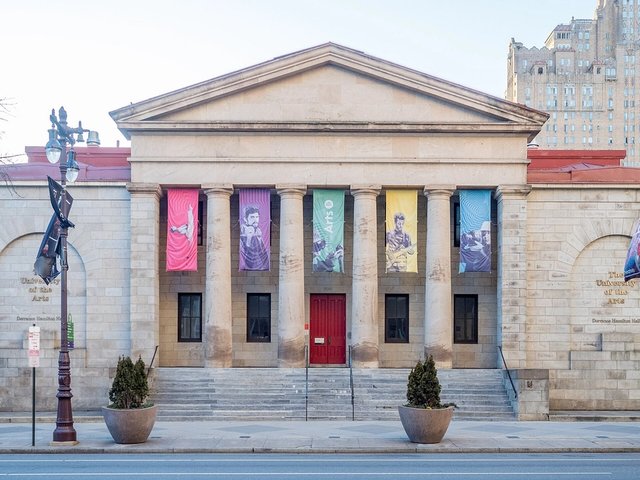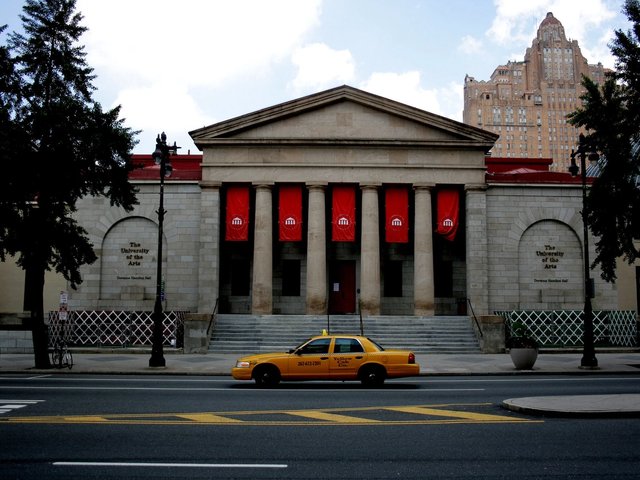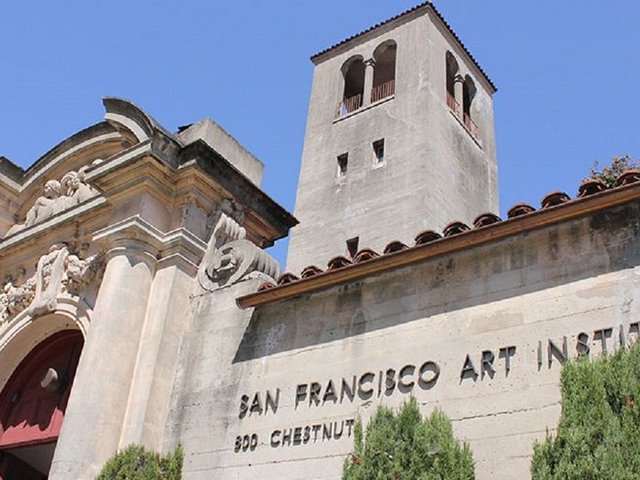The Pennsylvania Academy of the Fine Arts (PAFA), a major art museum and school in Philadelphia, will cease its degree programmes by 2025, focusing the mission of the institution on curatorial projects and other educational offerings. Causes for the transition were outlined in a 10 January letter from PAFA president Eric Pryor, who cited increasingly unforgiving financial circumstances and poor enrollment as insurmountable challenges for the institution’s BFA and MFA programmes. The institution’s certificate, kindergarten-through-12th-grade and continuing education programmes will continue unchanged.
The academy’s educational transition website states that there was no “single reason for the decision to wind down degree-granting programmes”, but rather several “converging trends” that led to the downsizing. Principal among the trends listed on the site are “[i]ncreasing expectations from students, prospective students and the families that college should provide a broader range of academic and professional opportunities beyond the fine arts”. This sentiment is echoed in Pryor’s statement that “universities in our own region and across the country are struggling with these trends”, with PAFA representing a particularly vulnerable example in a national arts education sector facing serious headwinds.
Beyond the challenges of attracting and satisfying students, PAFA cited the difficulty of providing adequate services and complying with regulations for a relatively small school, noting that “it is simply impossible to maintain a college—with admissions, enrollment, Title IX, student support services and other requirements—with a student body of less than 300”. The school noted that these difficulties were only exacerbated by the pandemic, leading to even more pronounced challenges in enrollment and operating costs.
Other institutions in the US, including Boston’s Museum of Fine Arts and Washington, DC’s Corcoran Art Gallery, have come up against similar issues and ultimately chosen to shift their in-house accreditation programmes to partner universities (Tufts University and George Washington University, respectively). Similar options for collaborative degree partnerships in Philadelphia were explored by PAFA, but did not produce any viable alternatives to the academy’s downsizing.
The degree programmes offered by PAFA are relatively new facets of the institution’s structure, having only been introduced in 2013. Prior to launching its BFA and MFA programmes, PAFA most prominently offered certificate programmes in artistic fundamentals, a system established under the directorship of painter Thomas Eakins in the late 19th century. These courses prioritise skill apprehension and guided study, and have featured notable faculty and alumni including Cecilia Beaux, William Merritt Chase and David Lynch.
Pryor added that the cessation of degree programmes will allow PAFA to focus on its museum activities. This will include growing its “collection, archives, studio and maker spaces, artists, scholars, exhibitions, public programmes, classes, [and] workshops”.
Current PAFA students who are on track to graduate in the spring of 2024 or 2025 will be able to complete their degrees as planned. The institution has committed to assisting the remaining 37 students in transferring to other local schools including Temple University’s Tyler School of Art and Architecture, Arcadia University, Moore College of Art & Design, the Pennsylvania College of Art & Design and the University of the Arts.






